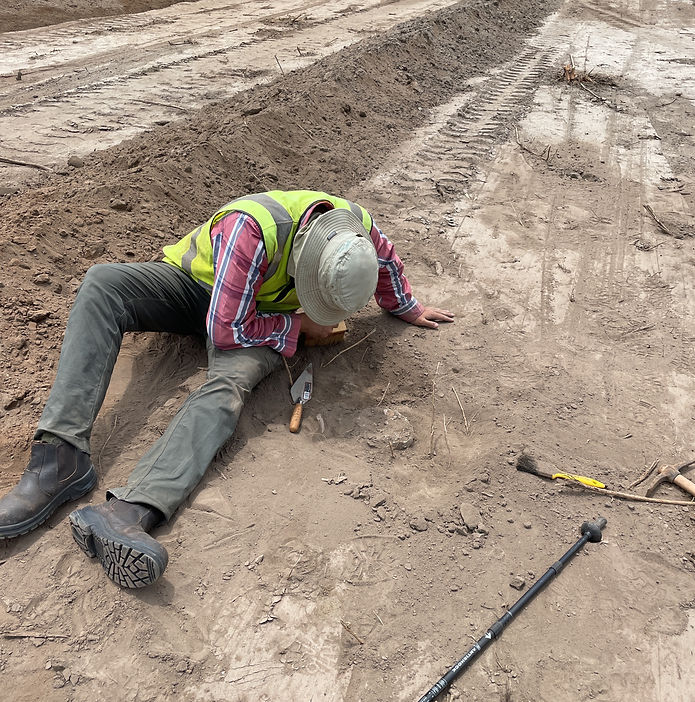1. Describe the role of a Principal Heritage Specialist (CRM) ?
Cultural resource management is an incredible example of post processual archaeology in
practice, with the combination and actor-networking of multiple disciplines and fields across
the social and environmental sciences. CRM is sometimes referred to as contract or public
archaeology, and acts as the bridge between spatial development and relevant legislation to
ensure the betterment of communities and society. CRM is important to ensure the
safeguarding of heritage material, spaces and structures - both in terms of the physical
(tangible), and the cultural (intangible).

2. What skills are important for this role?
One of the most critical skills in CRM is to be able to identify heritage and cultural resources and to be able to make informed decisions regarding these resources and their relevant protections. Additionally, is a keen understanding of the relevant legislation and ensuring its compliance and implementation.
The CRM landscape provide you with the opportunity to hone your skills acquired during your studies. Adaptability to technology and being able to learn new applications and implement their functionality in an ever evolving industry is a major plus. Knowledge of the use and implementation of Geographic Information Systems (GIS) has become a non- negotiable in the CRM industry.
Practical skills and general requirements such as:
-
Coherent writing and making a coherent argument;
-
Being fit to do fieldwork and surveys;
-
Being able to drive and have a driving licence;
-
Using word processing suites.
3. What qualifications or experience are required for this role?
Given that CRM is a multifaceted and interdisciplinary practice, relevant qualifications span areas such as archaeology, anthropology, intangible and tangible heritage studies, and sociology. Since a significant portion of the CRM field involves stakeholder engagement and community interactions, having a strong command of various languages is immensely beneficial for you and your team.
However, I cannot stress enough the importance of having a driver's license, being open to
learning, adaptable, and eager.

4. What is an interesting aspect of working in CRM that students might not know?
Running a Heritage Consulting company demands a diverse set of skills at the management level, including expertise in project management, resource and logistics management, and a keen understanding of finances. Fortunately, these skills are acquired over time, and if you are part of an established CRM company, you will have the opportunity to hone them progressively.









